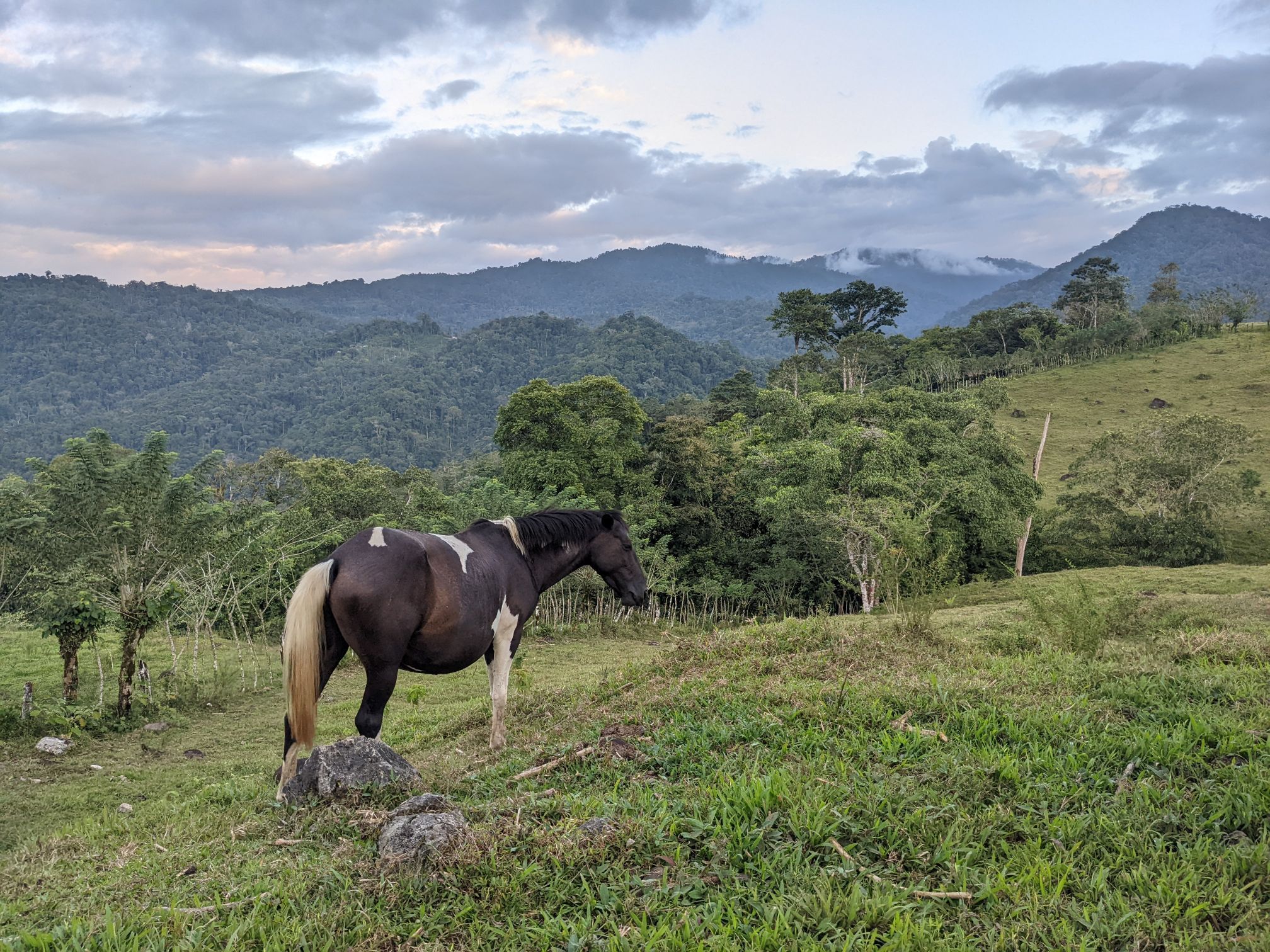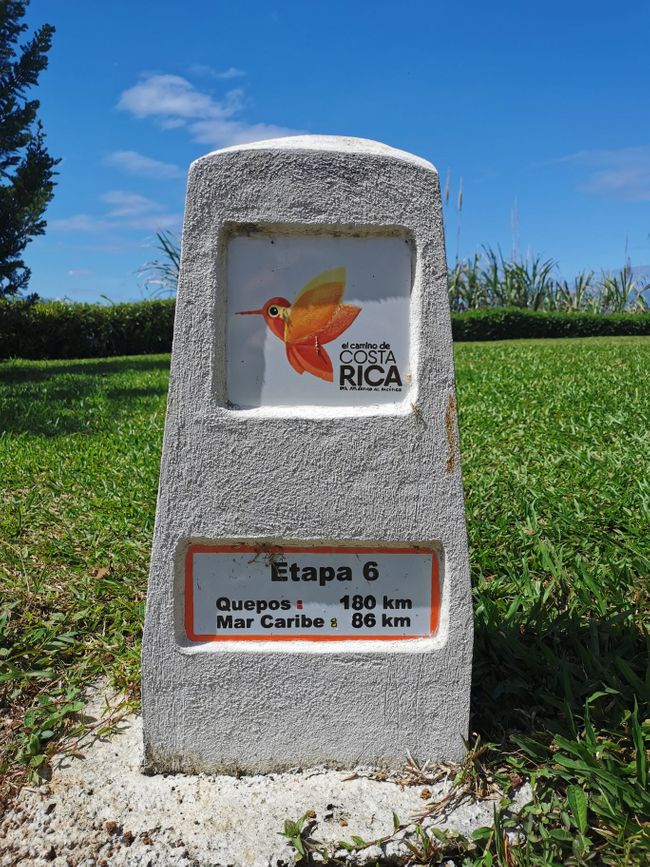Ayacucho: Easter in the mountains
Cyhoeddwyd: 03.05.2019
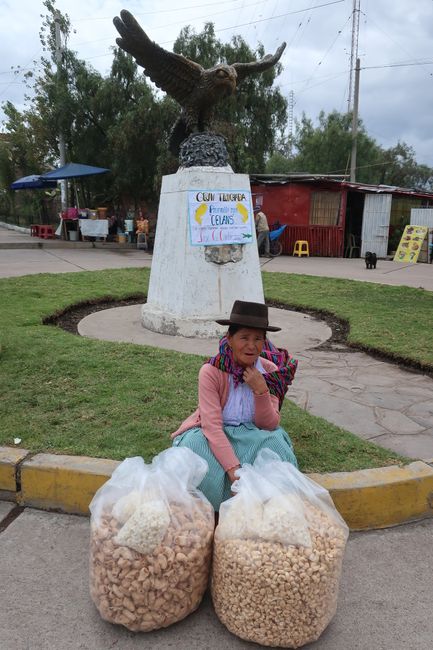
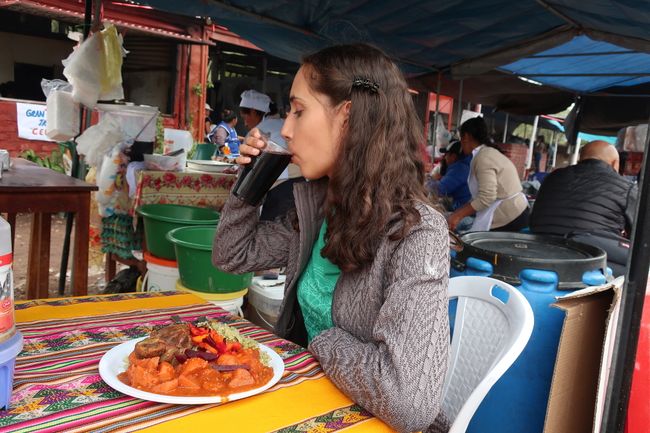
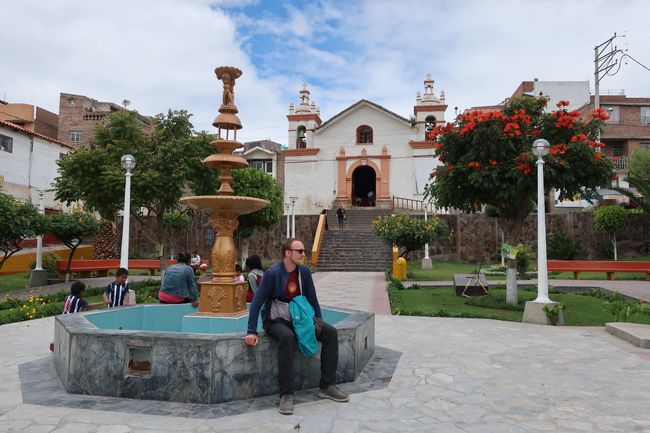
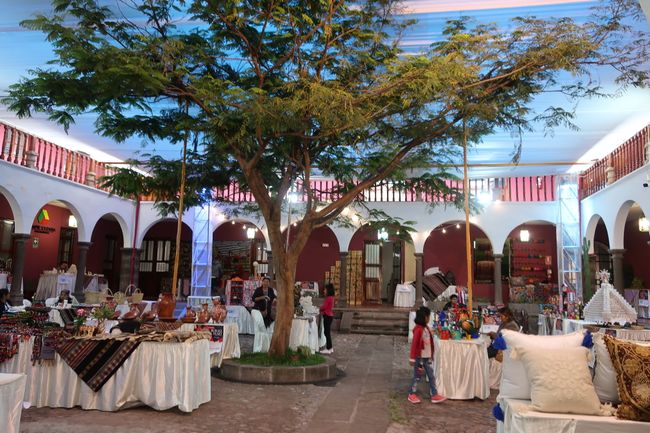
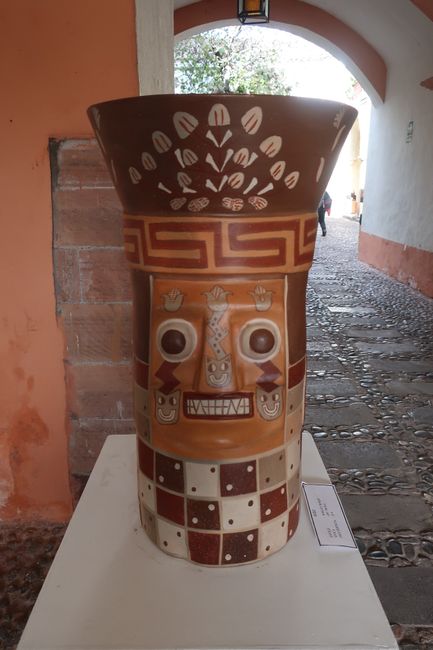
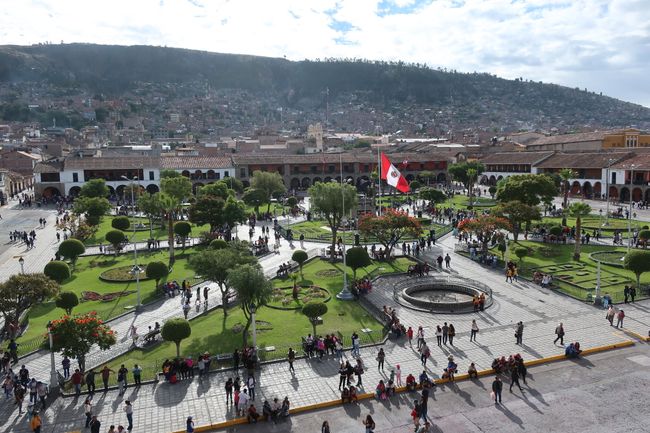
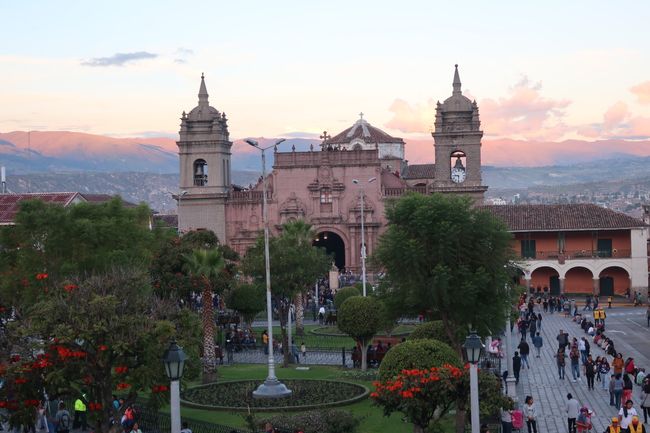
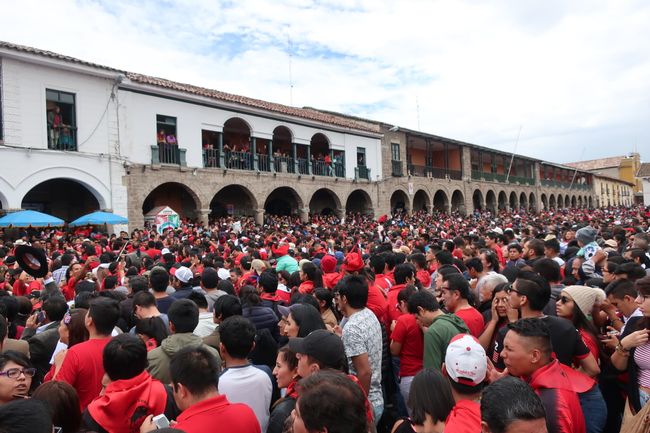
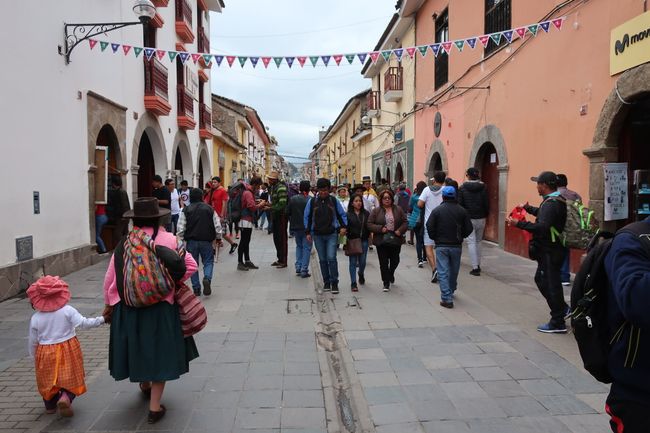
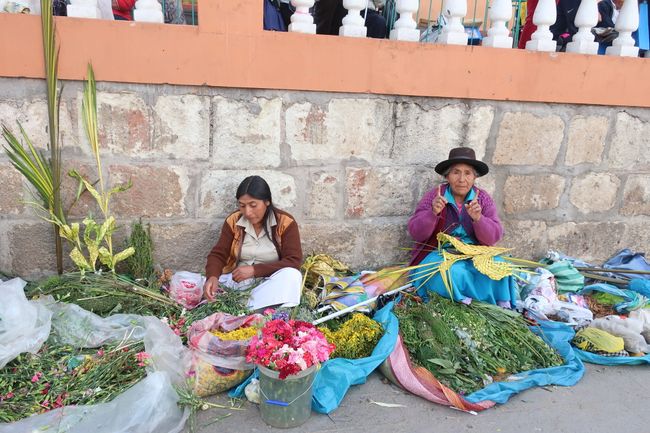
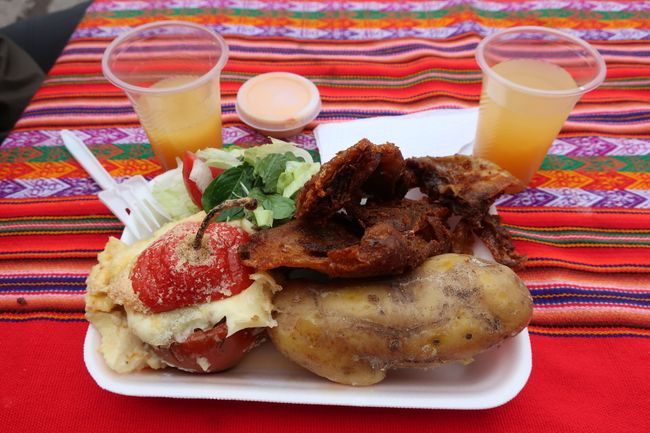
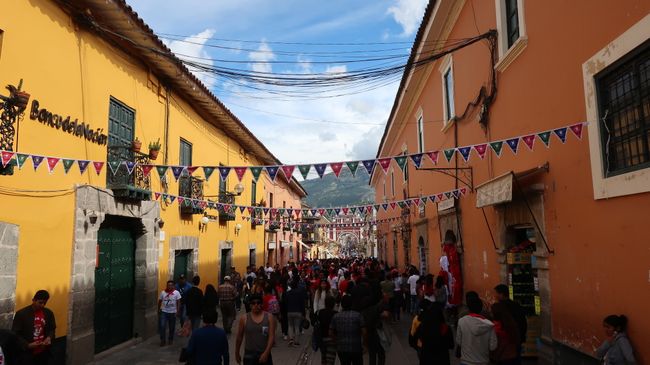
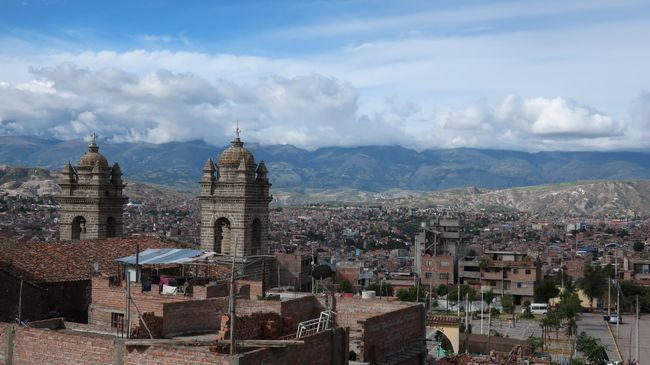
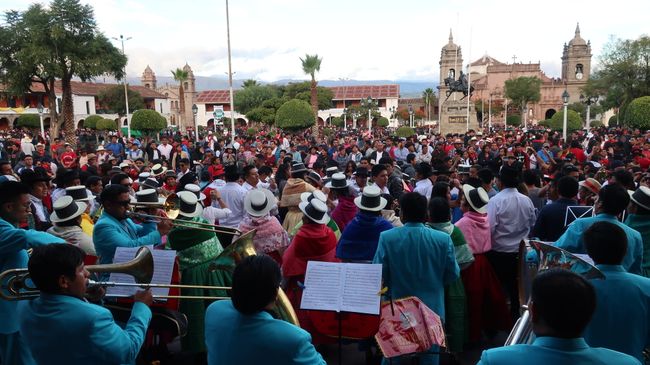
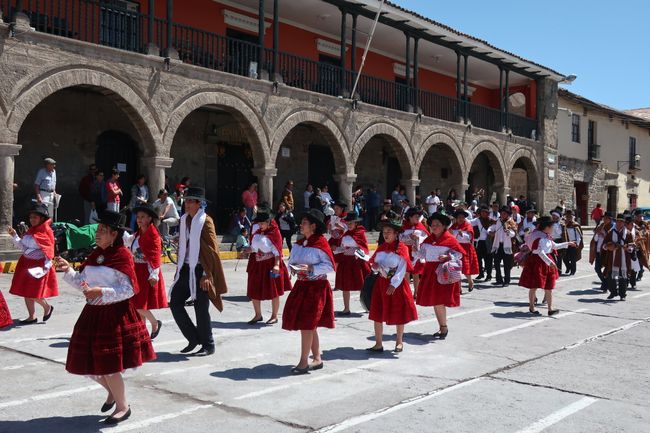
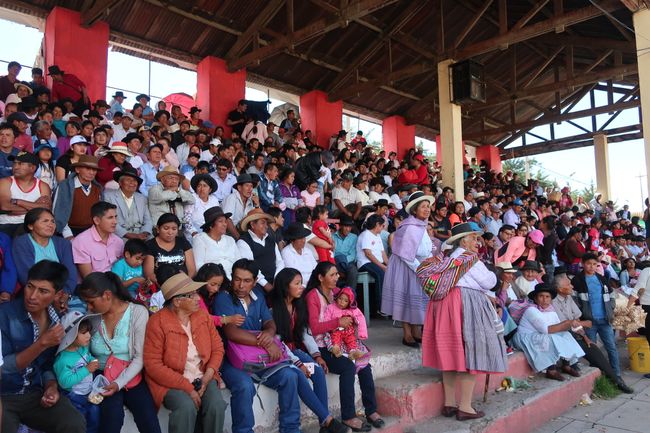
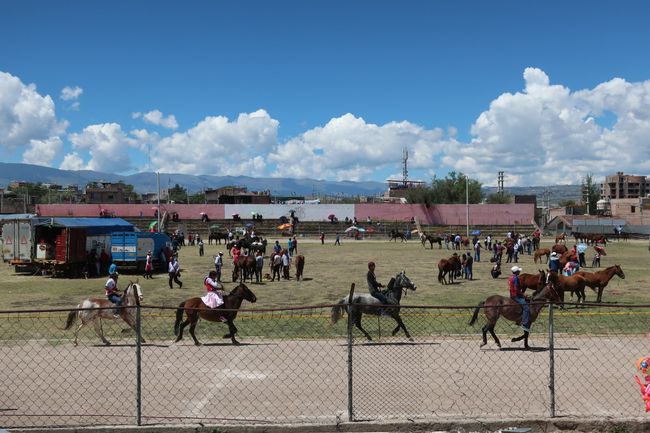
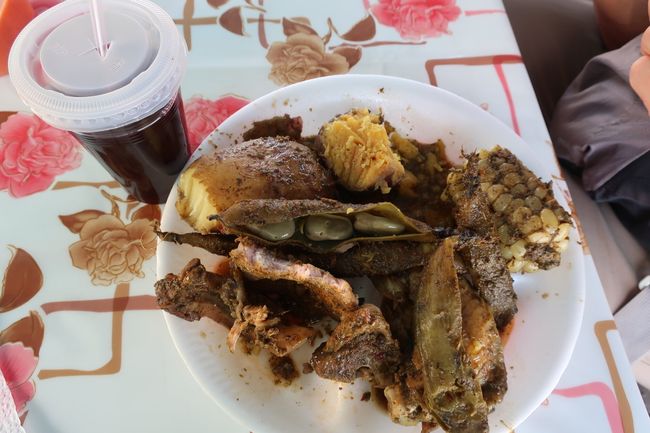
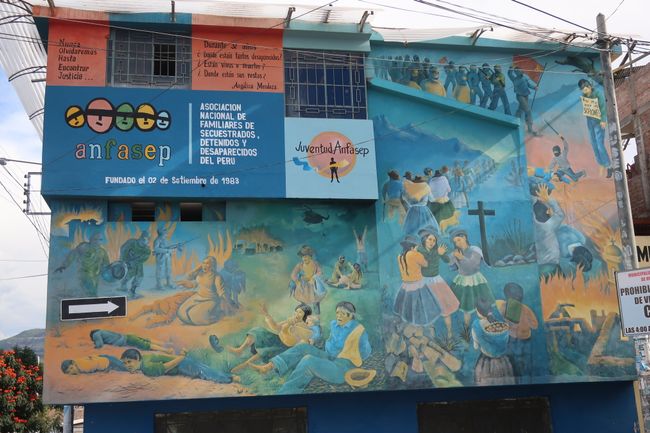
Tanysgrifio i'r Cylchlythyr
We had decided to spend a few days of Holy Week (Semana Santa) in Ayacucho (at an altitude of 2761m surrounded by mountains). This is a city in the central highlands that is internationally known for its Easter celebrations (the largest Semana Santa in the world after Seville). We didn't want to miss this, especially since we were in Peru at this time. Although Holy Week is primarily a Catholic event, with many Christian processions and activities in the churches, Ayacucho has much more to offer during this time: many handicraft markets, numerous colorful street stalls, processions with traditional dances and music.
What was special for us at this stop was that we didn't stay in a hotel but with our friend's family from Lima, a kind of homestay (hotels are already fully booked by the many visitors from all over Peru and internationally). Our friend's mother picked us up from the bus station after we arrived early in the morning by night bus from Ica. The welcome was warm and we also got to meet part of the rest of the family, including the grandparents, who mostly speak Quechua (the original language of the Incas and still spoken by many people in the highlands).
After arriving, we first drove up to a viewpoint of Ayacucho on a hill. The street market was already in full swing here and we browsed through the many small street stalls and tried everything new and unknown, such as small corn fritters (sold in large bags), various fruits, Puka Picante (potatoes and meat cooked in a red sauce), Chicha morada (juice made from purple corn), and much more. We immediately noticed the contrast with Lima and Ica: here everything was very traditional compared to the more modern cities on the coast. We saw many women in traditional clothing with colorful skirts, lace blouses, and the typical hat, and many children were carried in the colorful sling typical of the highlands. Afterwards, we walked downhill with a nice view of the city to the main square (Plaza de Armas). Many people were already bustling around this beautiful square, and we also visited some handicraft markets in the adjacent courtyards. Afterwards, we climbed the towers of the large cathedral on the square. Ayacucho is also known as the city of 33 churches and indeed, the spires of the small rustic churches in the Spanish style can be seen everywhere between the houses. In the evening, we treated ourselves to a delicious meal at the Via Via restaurant with a beautiful terrace overlooking the main square and tried Alpaca meat for the first time. Delicious, we need to have that again!
After a rich and filling breakfast at our accommodation (typical bread, quinoa drink, fresh soy milk, fried plantains, avocado, eggs, papaya juice, various potatoes, cheese, etc.), we set off again to the Plaza de Armas - the main square.
The tourist information office couldn't really help us when we asked if there was any schedule for the Semana Santa events in the city. The square was packed with people, most of them wearing red t-shirts. Today, the Pascua Torro (Easter bull) was supposed to run through the streets, similar to what is known from Pamplona in Spain. We weren't sure if we wanted to avoid this event or if we should take a look. After waiting there for about half an hour and no one seemed to know when it would start, we decided to escape from the crowd a bit and continue strolling through the boulevard and the small streets of Ayacucho. Here we continued with our main activity: eating and trying everything interesting at the street stalls. There was Rocoto rellena (small spicy peppers filled with cheese and minced meat), passion fruit lemonade, chorizo, different varieties of potatoes (there are over 3000 varieties in Peru), exotic ice cream flavors like cherimoya, and much more. We encountered small brass bands and singing people in traditional clothing over and over again. Easter here was clearly more joyful than we had imagined with the deep Catholic faith. The main procession, which was supposed to be the highlight for the faithful of Semana Santa, was supposed to take place on the night from Saturday to Sunday. However, we decided against this spectacle as the procession was scheduled to go from two in the morning to five in the morning and the mass would be held in Quechua. Moreover, there were already too many people, many of whom were already drunk, due to the festive atmosphere.
On Easter Sunday, we had learned from a flyer about a show with traditional horses and a horse race in a stadium and thought it would be something different. With German punctuality, we took our seats in the stands of the stadium next to two older ladies in traditional clothing and had to wait for two hours until the dance performance and horse race finally started. Since our patience was being tested among the many people, we ate Pachamanca at the stalls afterwards (a festive meal where meat and potatoes are cooked well-seasoned in sauce in an earth oven). The initially somewhat odd sight quickly vanished with the delicious taste.
Since we wanted to experience some culture as well, we decided to make a detour to the Museum of Memory, but unfortunately, it was closed. Ayacucho had experienced difficult times in the 80s and 90s when the terrorist group Sendero Luminoso (Shining Path) had a firm grip on the region with violence and terror, and rural Ayacucho was almost isolated from the rest of the country for a long time. Many people died as a result, and our friend Richard told us that as a child, he saw dead people almost every day. These experiences seem to have left their mark, and so Ayacucho is somewhat behind in the tourism industry compared to other major cities. Nevertheless, we did not regret making a detour here and getting to know a bit of life in the highlands independently of the typical tourist crowds, and in the coming years, this will also become more and more well-known.
We felt the isolation when we tried to reach Cusco by land. There weren't really good bus connections (only at night and they are considered unsafe), so our host family arranged for a car from an acquaintance who would drive us as a taxi driver to Abancay. But we weren't so happy when the next day a small car with a woman and a child showed up at the door and our suitcases no longer fit in the already full trunk. After some back and forth and much insistence that we had agreed to pay 600 soles for the trip (similar to what a spacious taxi for the route would have cost), the woman and child stayed and we drove on the winding road towards Andahuaylas. But we weren't even supposed to get there because on the way, the engine warning light came on, indicating that the engine was overheating. The driver calmly got out and poured all sorts of cold river water under the hood, and off we went again. After we made the third stop of this kind, the driver also realized that we had to go to a workshop. But even there, they couldn't properly solve the problem, and so the story ended with us arranging a proper taxi in the small town of Uripa to take us to Abancay. However, our previous driver seemed a bit concerned because many charlatans operate in this region, so he took a photo of the taxi driver's ID and instructed us to report regularly where we were. That was a good start for another five-hour drive in the middle of the mountains. However, the concern was unfounded. Our new driver safely took us through beautiful landscapes and over passes over 4000m high to Abancay. That was already a little adventure á la Perú. The next morning, we took the bus to the metropolis of Cusco.
Tanysgrifio i'r Cylchlythyr
Ateb (1)
Karin
Eure Geschmacksnerven haben ja allerhand Neues angeboten bekommen. Schön, dass ihr bei Richards Familie so freundlich aufgenommen und betreut wurdet. Ich bin froh, dass die Fahrt nicht zu einem größeren Problem für euch geworden ist, wenn das Auto mitten im Hochland nicht hätte weiterfahren können oder ihr bei der Weiterfahrt an den Falschen geraten wäret. Gut, dass wir das alles erst erfahren, wenn ihr es schon überstanden habt. Da habt ihr ein weiteres Mal die Erfahrung gemacht, dass in anderen Ländern nicht alles so selbstverständlich, vertrauenswürdig und organisiert abläuft wie in Deutschland, nicht nur in Kuba. Also immer mit ein bißchen Vorsicht an die Dinge herangehen. 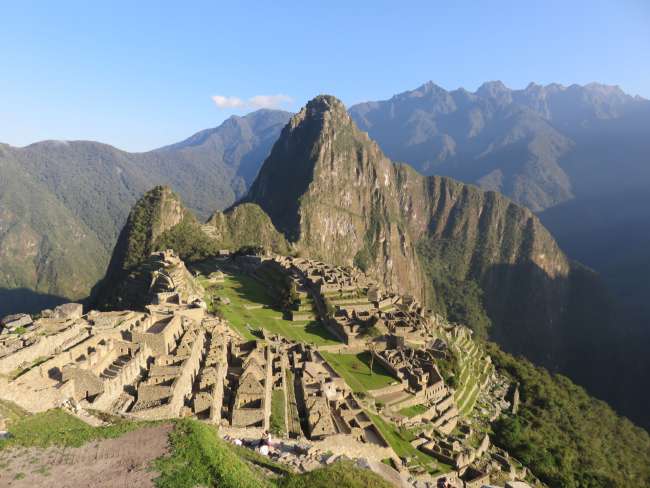
Adroddiadau teithio Periw
